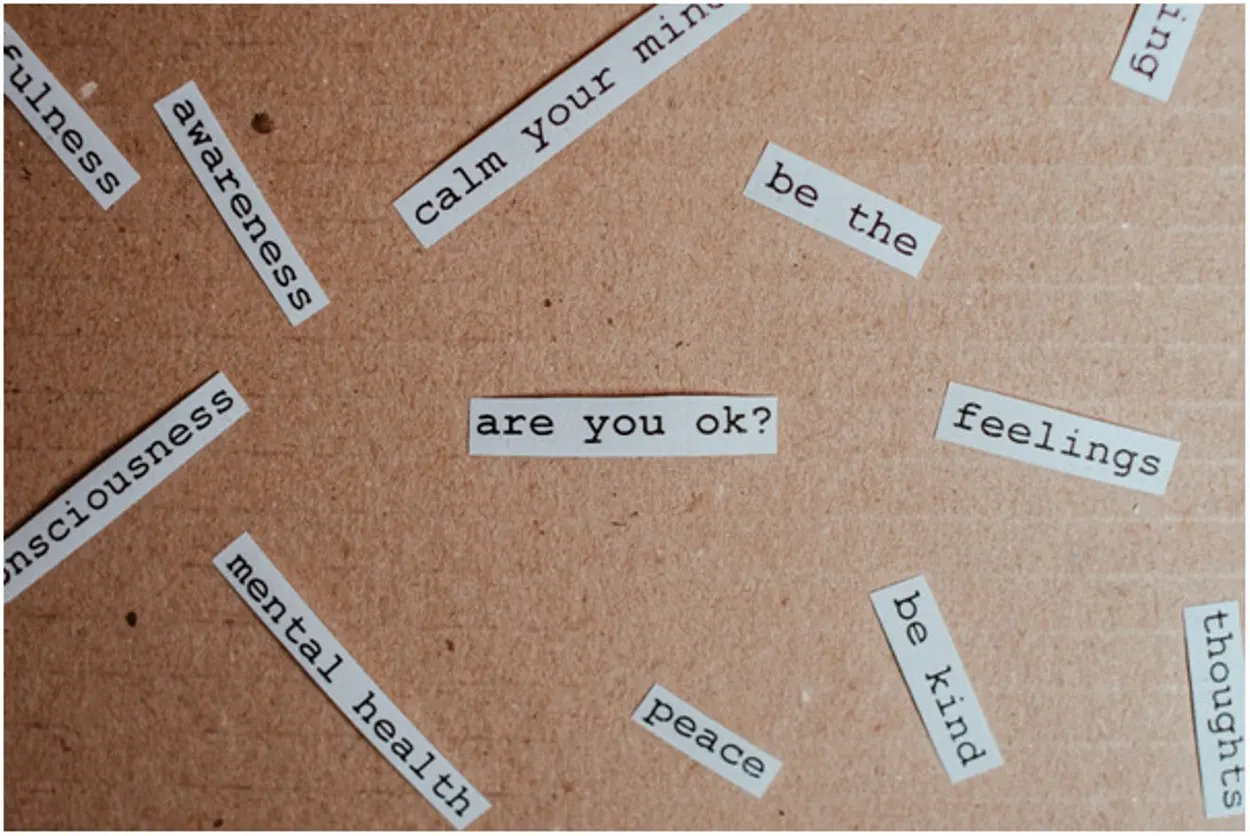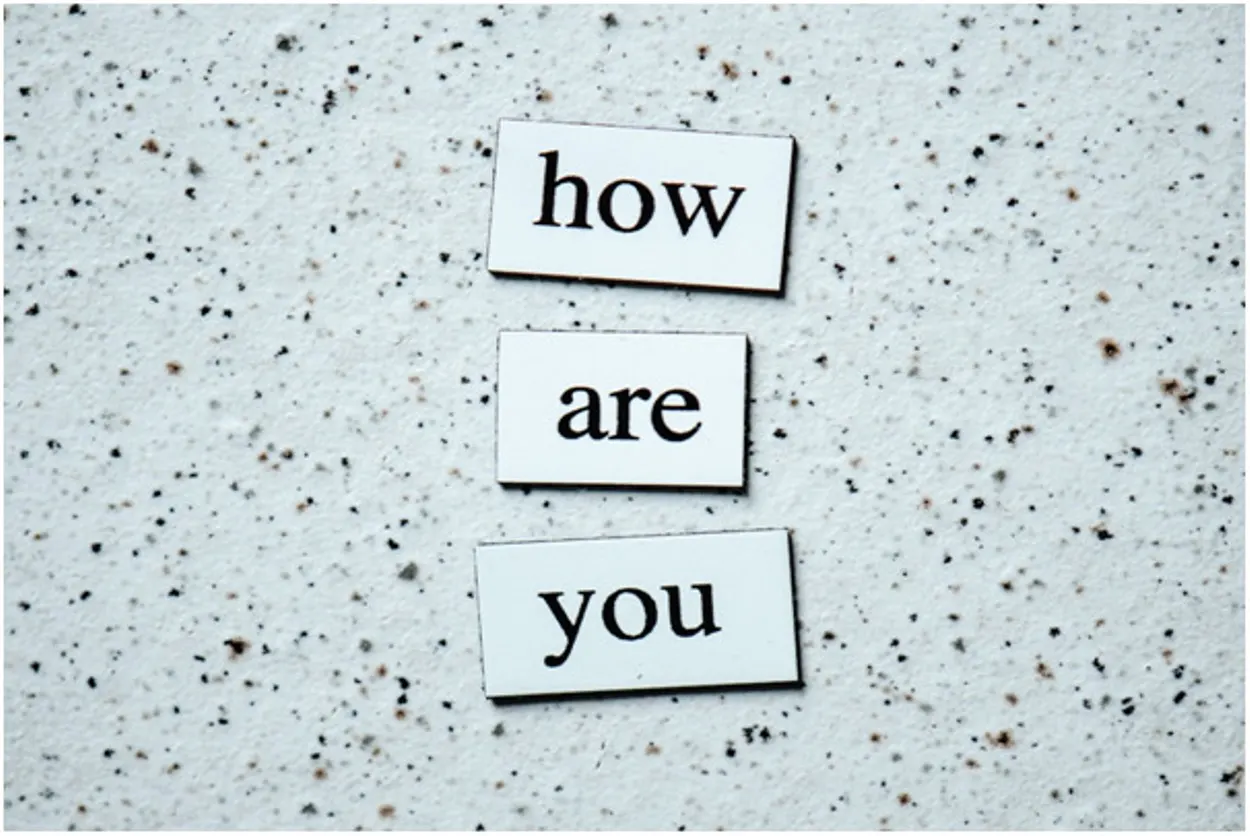Feelings can be understood or misunderstood if not comprehended well. There are multiple ways to describe them.
However, if you have people who understand you very well, respect them. But have you ever wondered how, in grammar, we could convey feelings and ask about them?
Yes, maybe you have guessed it right. The topic of this article is about questioning emotions. Consider asking someone, “How do you feel right now?” It could also be like, “How are you feeling right now?”
If we are using the term “How do you feel now?” then it simply shows the present tense of asking about the recent time, whereas “How are you feeling now?” is considered the present continuous tense which means about the present feeling or any change in them.
Both phrases look similar, yet they carry a few differences. These differences are essential for providing the correct meaning of these phrases and the situations in which to use them.
Therefore, keep scrolling for more information.
How Do You Feel Now?
This sentence is the simple present tense. “Feel” is one of those verbs people use in casual conversation because it refers to the states rather than activities or processes. Its utilization is practically possible in the basic form.
The phrase “How do you feel now?” inquires about a person’s current state. This statement implies that something has happened and passed. It is because it asks about the present circumstance, omitting any reference to the past.
It’s an informal sentence. In my opinion, we say, “How do you feel now?” when we feel intimate with someone or are aware of what they are going through, which is only possible if you are close to someone.
To summarize, we can say “How do you feel now?” to our everyday friends, family, and people we know well.
How Are You Feeling Now?
This sentence is in the present and continuous form. “How are you feeling today?” indicates that a person has contrasting feelings, which probably happens in bodily well-being following an illness or accident.
- How different do you feel today compared to yesterday?
- How do you feel physically compared to how you felt yesterday?
- How do you feel about yesterday’s incident?
The slightly formal question “How are you feeling now?” might be used with individuals you know, such as when you see someone for the first time, with your coworkers, or at school. “Feel” implies that the speaker is buried in a sensation.
How to Use These Phrases Correctly in Sentences?
To use these sentences correctly, the first thing we must understand is the nature of these sentences: “How do you feel now?” and “How are you feeling now?” As mentioned in this article, the former is informal, and the latter is formal.
Furthermore, we also have to look at the grammatical structure of these sentences, first in simple present tense and second in the present continuous form.
The first version uses the word “feel” to convey the stillness of a state. In contrast, the second indicates that the recipient’s feelings change using the participle “feeling.”
Additionally, you should be able to pitch in these lines appropriately.
The examples below summarize the use of these phrases in various contexts.
Examples

- You’ve just returned from the hospital; how are you feeling now?
- You guys were together for an extended period; how are you feeling now?
- I’m incredibly sorry to hear that. how are you feeling now?
- I heard you had a bad accident last month; how do you feel now?
- Hi, how do you feel now?
- You had a bloated stomach last night; how do you feel now?
- You passed out this morning; how do you feel now?
- I heard about his divorce; how is he feeling now?
When Are These Sentences Used?
These two sentences are identical because they imply that something happened. These sentences are said to someone recovering from something; it can be either a physical injury or an emotional crisis.

If a patient is unwell, a doctor might use these lines and conduct an operation on him or administer medication. He will ask his patient, “How do you feel right now?”
If he made a noticeable change at the end of his session or the end of his patient’s medication course, he might ask, “How are you feeling now?” As a general question focusing on all the symptoms, they said they had when they visited.
Are They Grammatically Correct or Not?
Non-native speakers frequently ask this question because despite these sentences being identical, they have a subtle grammatical difference. The grammatical difference between these sentences is:
The former is simple present tense, and the latter is in present progressive. Therefore, both of these sentences are grammatically correct.
The Disparity Between “How do you feel now?” and “How are you feeling now?”
These two sentences are almost the same; only subtle grammatical differences determine in which situation they are to be used. “How are you feeling now?” is in a present progressive form, which specifies that the recipient can convert from one feeling to another, implying that the person is going through something and has not fully recovered yet.
The participle in this sentence, “feeling,” defines a particular sensation, attitude, or opinion towards something.
It means that this sentence is free to change and process further. It is a bit of a formal sentence, meaning it can be used when meeting someone for the first time.
“How do you feel now?” is in the simple present tense. The verb used in this sentence is ‘feel.‘
“Feel” is one of those verbs used to describe a sensation, an opinion, or a perception of something, and it is usually used in simple form because it refers to states rather than processes and actions.
Using this verb means that this sentence implies that it is bound in time and not free to process. However, some of these verbs can be employed with a different meaning in continuous form. For instance, I feel great to be here and much better now.
Here’s a table that summarizes the differences between “How do you feel now?” and “How are you feeling now?”
| Features | How do you feel now? | How are you feeling now? |
| Tense/form | This sentence is in simple present form. | This sentence is in present progressive/participle form |
| Structure | This sentence is in an informal structure. | This sentence is in a formal structure. |
| Verb | The verb used in this sentence is ‘feel,’ which represents stillness | The verb used in this sentence is ‘feeling,’ which means progress. |
| Grammatically correct or not | This sentence is grammatically correct. | This sentence is grammatically correct. |
Just Ask About Feelings
The most straightforward strategy isn’t always the best. Just be direct and inquire as to how they are feeling. It’s less ambiguous than “How are you?” and makes sharing your feelings precise.
- How do you feel right now?
- What feelings are you currently experiencing?
- How are you now coping?
Perhaps fighting and smacking ears is a better way to describe how we have to address things at a time when people are dealing with challenging circumstances all across the world!
Start With The Current Situation

It can be difficult to sum up how we feel on any particular day in a single sentence.
Start by getting information about your friend’s current state and physical condition. These inquiries may be simpler to respond to and help you both get comfortable talking.
The responses may also shed light on the other person’s feelings. You can take note of this and probe further by asking follow-up questions.
- Did you sleep well?
- What did I pause for?
- Where did you eat lunch?
Be Specific About the Situation
Specify something about this person in your question. Even if it has been some time since you last spoke, review something you discussed.
It could be a difficult emotional circumstance or something everyday, ordinary, or monotonous.
Bottom Line
- Understanding and expressing feelings is essential in communication.
- The phrases “How do you feel now?” and “How are you feeling now?” are ways to inquire about emotions.
- “How do you feel now?” is in simple present tense and informal, suitable for close relationships.
- “How are you feeling now?” is in present progressive/formal, used when meeting someone for the first time or discussing ongoing feelings.
- Both sentences are grammatically correct.
- The choice between them depends on the situation and the level of formality.
- Being specific and starting with the current situation can make conversations about feelings easier.
- Understanding and respecting others’ feelings is crucial for effective communication.
Other Articles
- “Love” And “Madly In Love” (Let’s Differentiate These Feelings)
- What Is The Difference Between New Love And Old Love? (All That Love)
- Is ‘Hydroscopic’ A Word? What Is The Difference Between Hydroscopic And Hygroscopic? (Deep Dive)

